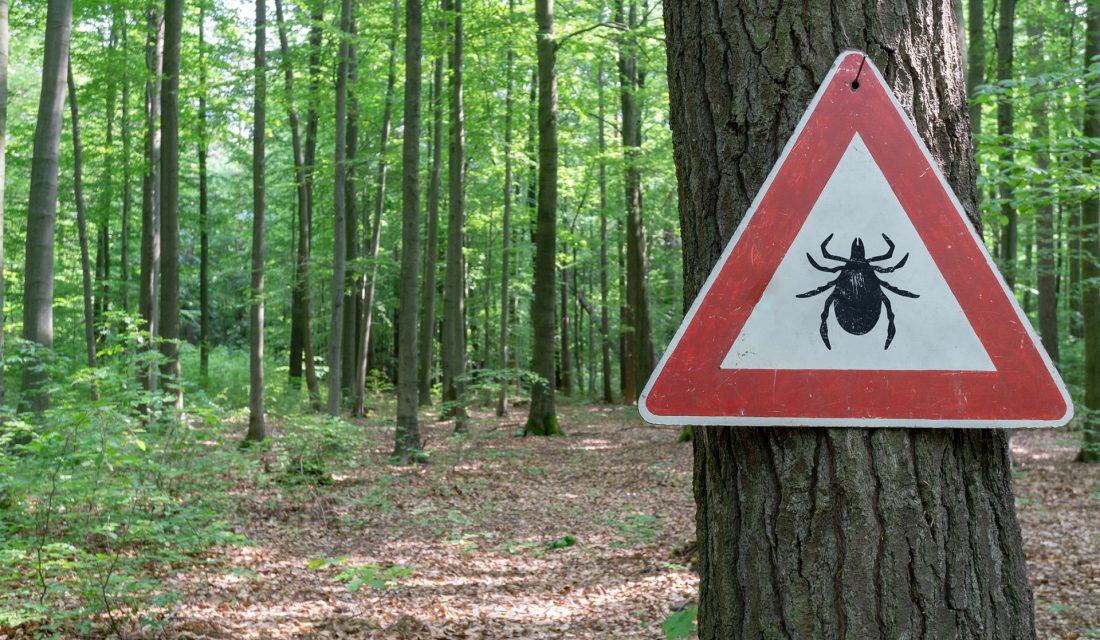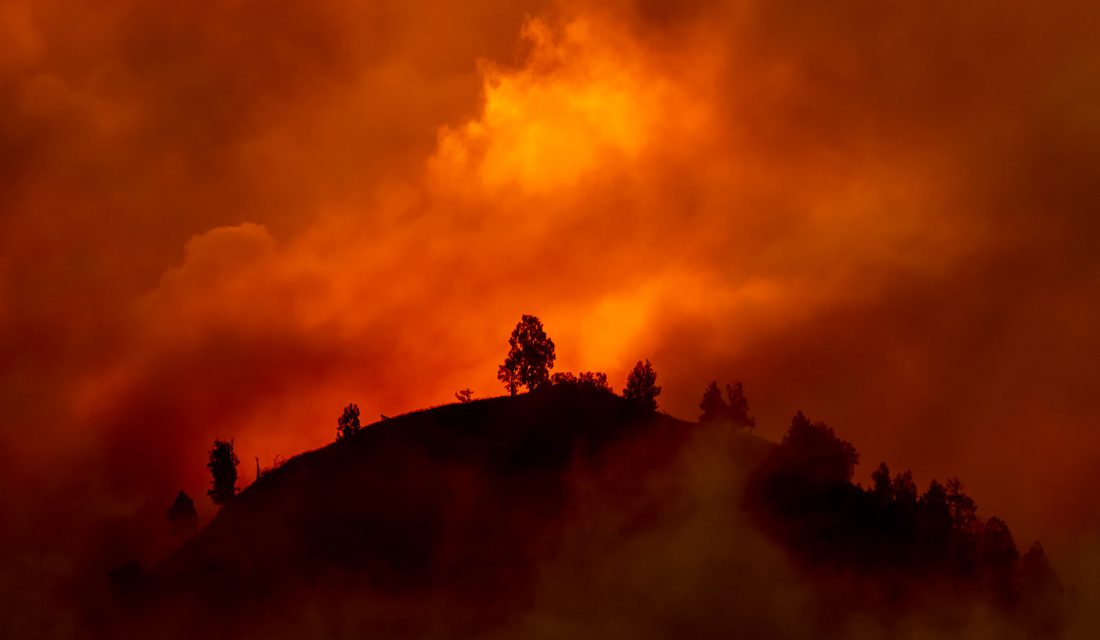From extreme heat to natural disasters, learn how our changing climate will change our health.
Climate change has a long list of domino effects – including impacting human health. Our well-being is inextricable from the well-being of our planet. When we damage our environment, we damage the foundation that provides us with clean water, fresh air, sufficient food, safe temperatures and many more necessities for survival.
Indeed, an assessment from the World Health Organization determined that climate change is likely to cause around 250,000 additional deaths per year between 2030 and 2050. And Health Canada has a whole page dedicated to the effects of climate change on our physical and mental health.
So, what exactly is the link between climate change and human health?
Extreme Heat

Scientists estimate that average global temperatures could rise by 1.8 to 4 degrees Celsius by 2100. Heat may sound like a welcome change in the middle of a long, cold Canadian winter. But rising temperatures can lead to a number of illnesses, and extreme heat can cause deaths from cardiovascular diseases and respiratory diseases, especially for elderly people.
High temperatures are also an occupational hazard for outdoor workers, such as farmers and construction workers, who are likely to suffer from an increase in heatstroke. And rising temperatures impact air quality by increasing air pollutants and allergens, which is especially dangerous for the more than three million Canadians who suffer from asthma.
As much as we covet a little heat as Canadians, we need to work to put a stop to rising global temperatures.
Disease and Contamination

Climate change impacts all living things – even insects. For example, an increase in heat, rainfall and humidity will also increase tick populations, which can increase infectious diseases such as Lyme disease. Climate change will also impact the bacteria and viruses carried by insects and animals, which can shift disease patterns and lead to more cases of water and food contamination.
We’re used to seeing climate change represented by images of large-scale habitat loss, but it’s important to remember that changes to something as small as bacteria or an insect can also impact human health.
Natural Disasters

Climate change is causing increasingly extreme weather, rising sea levels and variable rainfall patterns. According to the World Health Organization, the global number of reported weather-related natural disasters has more than tripled since the 1960s. From floods to wildfires, natural disasters destroy homes, medical facilities and other important infrastructure; cause injury, illness and death to humans and wildlife; displace populations; and destroy essential food crops. Natural disasters are also linked to many mental health concerns because of their often devastating physical, social and economic impact.
This is just a snapshot of the many ways climate change is a detriment to human health. And we’re not the only ones who are impacted – wildlife are forced to move, adapt or die in the face of our changing environment. Climate change is a challenge that impacts both wildlife and humans, but it’s up to us to take immediate and impactful action to reverse the trend.
Start by learning more about climate change and how you can help to make a difference for all life and our shared planet.



